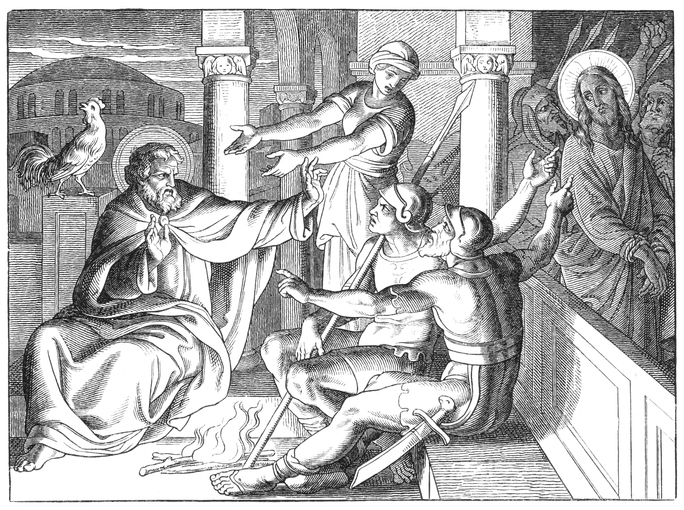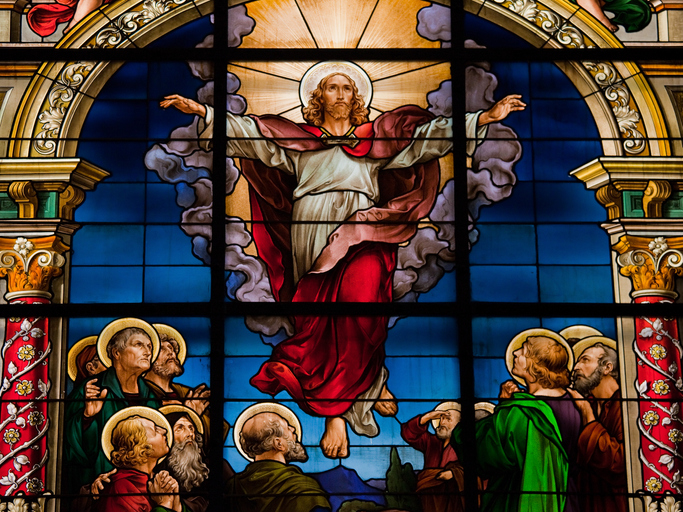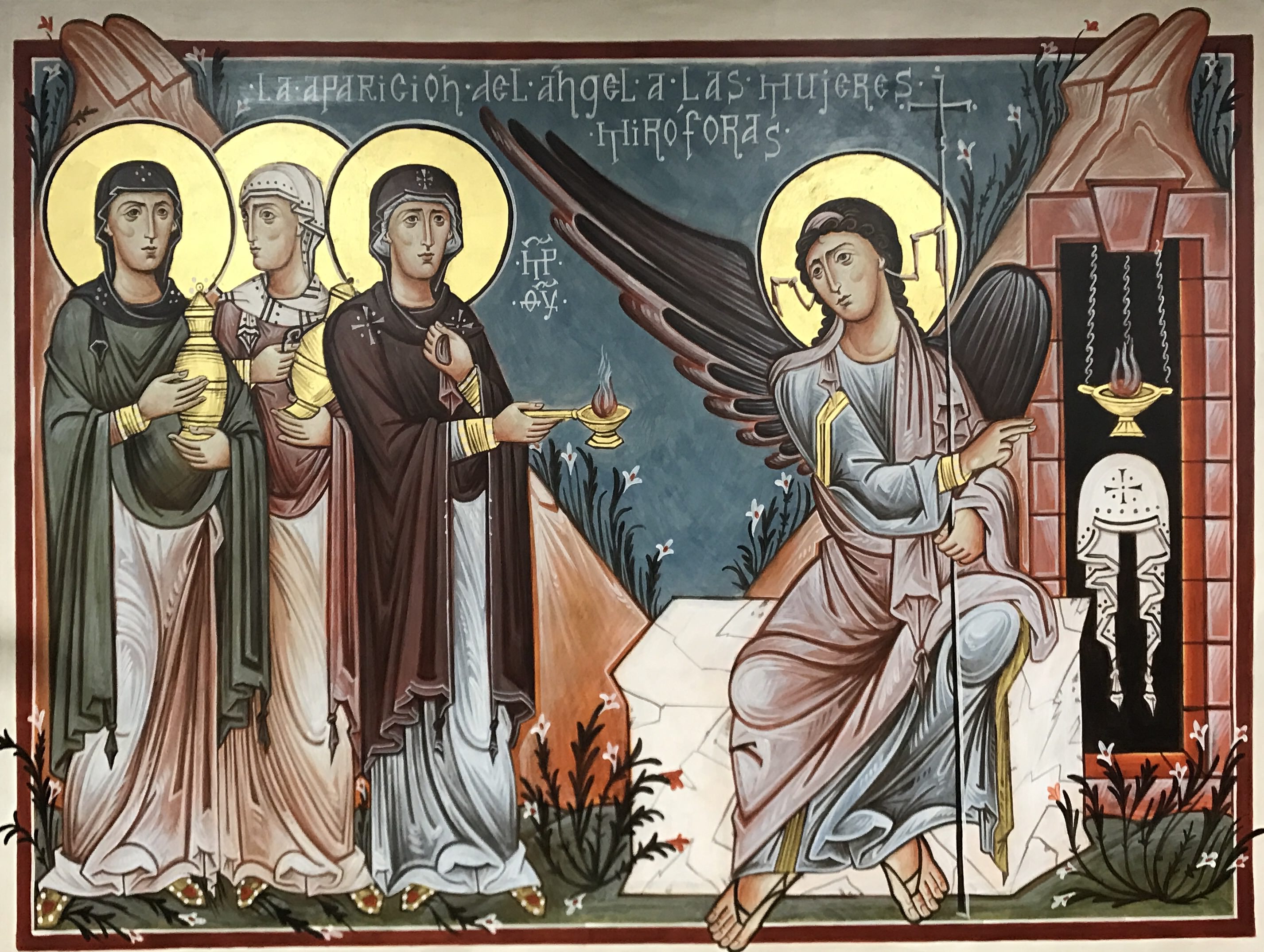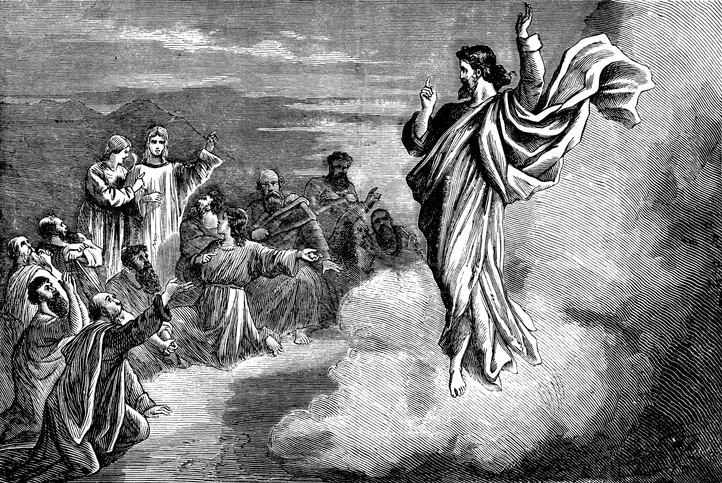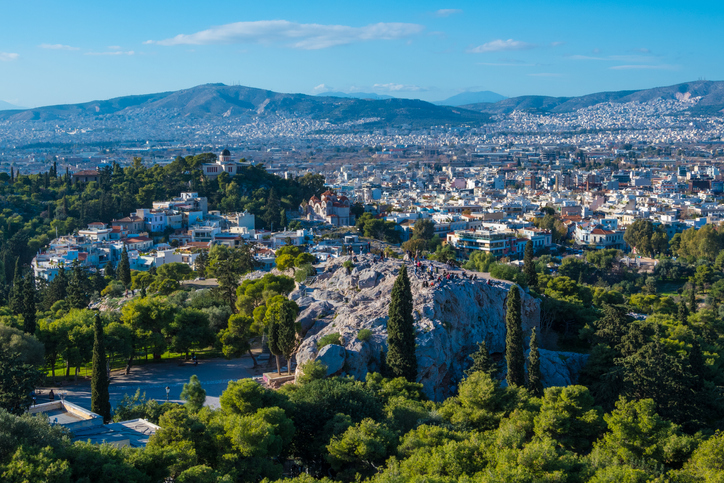They were all in one place together….
“All.”
As I read the account of the first Pentecost: the appearance of tongues of fire, the wind that swept through the streets of Jerusalem, the curiosity of the crowds, their amazement that all could understand the apostles in their own language, I understood for the first time how the word “all” is a word of healing.
We rarely experience all of us being moved together by the Spirit.
Fragmented divisiveness is more the norm even unfortunately in the Church. Who’s better than others. Who’s right and who’s wrong. Who’s in and who’s out. Who’s ready to move ahead and who’s fearful. Who’s great idea will predominate.
“All.”
The apostles and women with Mary the mother of Jesus were all in one place together.
The wind filled the entire house.
Tongues of fire rested on each one of them.
All were filled with the Holy Spirit.
All heard the apostles in their native language.
The apostles, stirred to the courageous prophetic proclamation, proclaimed “the mighty acts of God.” The Spirit, according to St Paul, produces all gifts and ministries in each person. The Spirit pushed them out to proclaim what God was accomplishing in their midst with amazement and wonder and gratitude, with an invitation to the people to be a part of this great work that was not their own.
How do we let the Spirit lead us today in such a powerful way?
I think the Veni Sancte Spiritus, the sequence for this day, gives us a clue.
Light immortal, Light divine,
Visit Thou these hearts of Thine,
And our inmost being fill.
If Thou take Thy grace away,
Nothing pure in man will stay;
All his good is turned to ill.
Heal our wounds; our strength renew;
On our dryness pour Thy dew;
Wash the stains of guilt away.
Bend the stubborn heart and will;
Melt the frozen, warm the chill;
Guide the steps that go astray.
https://en.wikipedia.org/wiki/Veni_Sancte_Spiritus
The Veni Sancte Spiritus allows us to claim in peace our own helplessness. It is the Spirit who does everything, who initiates everything. Sometimes I act like the Spirit is around to rubber stamp my plans. But this is not what we see on that first Pentecost morning. The Spirit healed their wounds, renewed their strength, poured dew on their dry bones, washed away the stained of their guilt, bent their heart and will to the voice of the Master, and guided their steps from that point forward.
The tiny group waiting for they knew not what in the Upper Room after the Ascension had Mary at their sides who no doubt spoke to them about the moment of the Annunciation when the Holy Spirit came upon her. She counseled them perhaps to trust that they would know when the Spirit had come and that to the end of their lives they would be led by this Spirit that had penetrated their hearts and taken on the direction of the Church through the daily guidance of their individual lives together.
There are four important ways to remove the clutter in our minds and hearts that fills them with chaos and blocks our obedience to the Spirit as we seek God’s guidance in a decision going forward:
Don’t demand closure to quickly.
Don’t have a predetermined goal before you ask the Spirit’s help.
Don’t reduce the scope of what is possible to what you can handle right now.
Don’t make it about you.
If each of us moved out of our own way, slowed down, and learned the waiting that is part of every Pentecost of the Spirit, we might be amazed at the way God uses us to proclaim the “mighty acts of God” to the world today.

Kathryn James Hermes, FSP, is the author of the newly released title: Reclaim Regret: How God Heals Life’s Disappointments, by Pauline Books and Media. An author and spiritual mentor, she offers spiritual accompaniment for the contemporary Christian’s journey towards spiritual growth and inner healing. She is the director of My Sisters, where people can find spiritual accompaniment from the Daughters of St. Paul on their journey.
Website: www.touchingthesunrise.com
Public Facebook Group: https://www.facebook.com/groups/srkathrynhermes/
For monthly spiritual journaling guides, weekly podcasts and over 50 conferences and retreat programs join my Patreon community: https://www.patreon.com/srkathryn.



